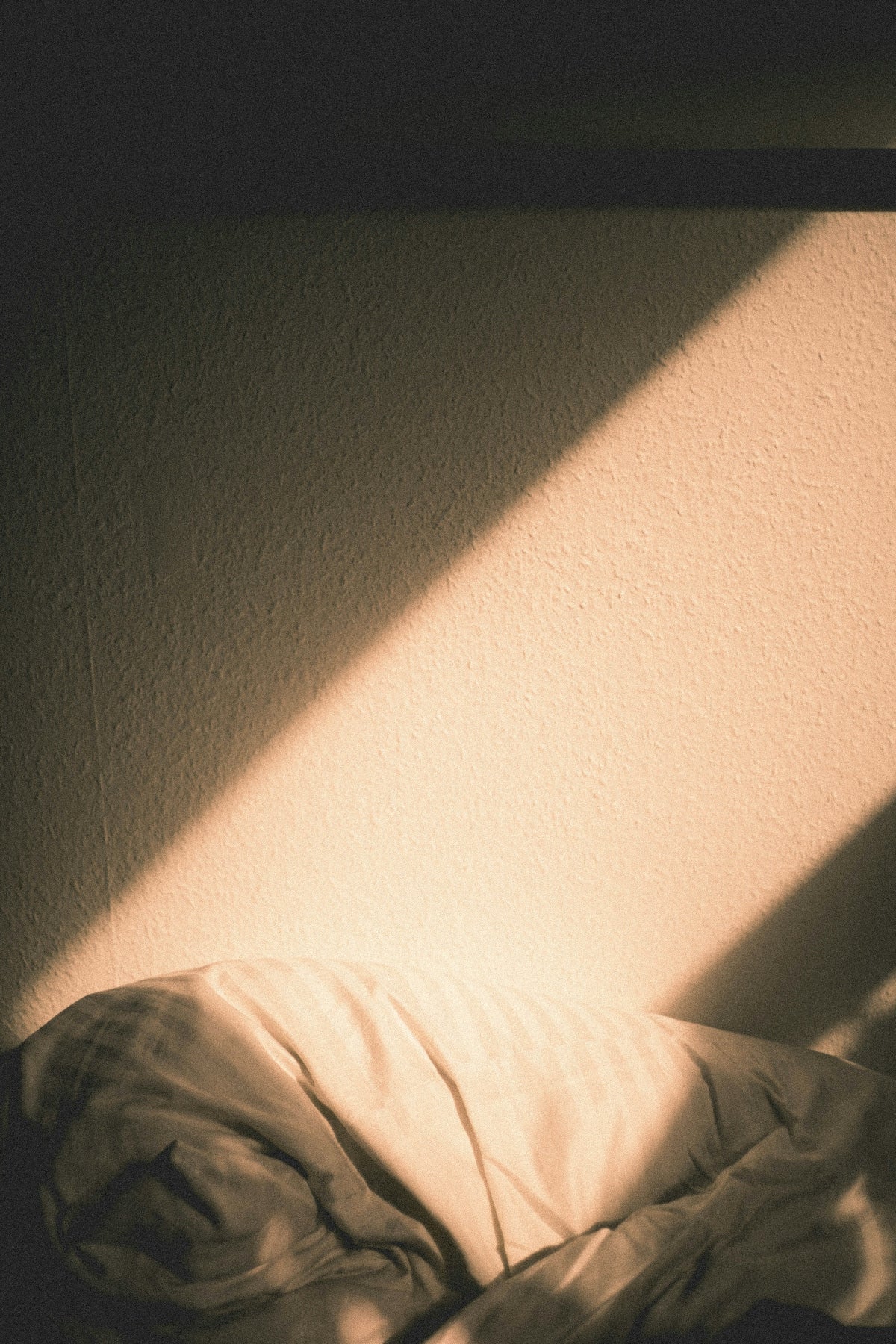Sleep is integral to our overall health and well-being, influencing numerous aspects from cognitive function to physical stamina. Yet, sleep habits can vary significantly between individuals, driven by factors such as environment, lifestyle, and even urban versus rural settings. In this detailed analysis, we explore the differences in sleep habits between urban and rural populations, aiming to shed light on how geographical location influences our sleep quality and patterns.
Urban Sleep Habits: The Hustle and Bustle
Living in an urban environment often equates to a bustling lifestyle filled with constant stimulation and a fast-paced rhythm. This lifestyle significantly impacts the sleep habits of urban dwellers.
Sleep Disruption Due to Noise and Light Pollution
Cities are notorious for noise pollution, stemming from traffic, construction, and nightlife. This constant noise can intrude upon sleep cycles, preventing residents from enjoying restful sleep. Moreover, light pollution from streetlights, signs, and buildings contributes to challenges in maintaining circadian rhythms, which is crucial for high-quality sleep.
High-Stress Levels and Sleep
The rate of stress and anxiety is generally higher among city inhabitants due to factors such as job pressure, commuting hassles, and the high cost of living. Chronic stress adversely affects sleep quality, often leading to disorders like insomnia.
Researchers have found that supplementing with products that promote relaxation and mental clarity can be beneficial in mitigating stress-related sleep disturbances. For instance, BioBrain - Natural Nootropics Supplement can support cognitive function and help urban dwellers cope better with stress, potentially improving sleep quality.
Sedentary Lifestyle and Sleep Quality
Urban residents often have a more sedentary lifestyle due to the nature of urban jobs, which are predominantly desk-bound. Lack of physical activity is known to impact sleep negatively, reducing the depth and quality of sleep cycles. Engaging in regular physical exercise is crucial to counteract these effects, which, in turn, can improve sleep quality.
Rural Sleep Habits: Embracing Natural Rhythms
Rural areas present a stark contrast to urban environments, often fostering lifestyles that are more in tune with natural rhythms.
Natural Light Exposure
Rural residents typically have greater access to natural light during the day, which can enhance circadian rhythm alignment. This exposure to natural light helps regulate sleep-wake cycles, enabling deeper and more restorative sleep.
Reduced Stress and Sleep
Life in rural settings tends to be less hectic, with fewer stimuli potentially causing stress. This lower stress environment is conducive to better sleep, as relaxation is key in batting disorders like insomnia.
Physical Activity and Sleep
Rural living often involves more physical labor and outdoor activities, given the agricultural nature of many rural jobs. This increase in physical activity has been associated with better sleep quality, aiding deeper sleep cycles and more refreshing rest.
Nutritional Factors
Nutrition plays a vital role in sleep health. Access to fresh, organic produce in rural settings can contribute to better overall health and improved sleep patterns. To supplement nutritional intake, products like An Apple a Day - Apple Cider Vinegar Plus Herbs 120 Capsules can be considered. This product provides essential nutrients that support digestion and metabolism, which can indirectly promote better sleep.
Bringing Balance: Urban and Rural Influences on Sleep
Understanding the differences in sleep habits across urban and rural settings allows us to garner insights and potentially adopt practices that can improve our sleep quality, regardless of where we reside.
Creating a Sleep-Friendly Environment
For urban residents, employing blackout curtains, sound machines, and maintaining a regular sleep schedule can be effective strategies in mitigating the adverse effects of pollution on sleep. Such interventions can mirror the benefits of rural settings where natural darkness and quietude prevail.
Managing Stress and Enhancing Relaxation
Both urban and rural dwellers can benefit from stress management strategies that enhance relaxation. Regular physical exercise, meditation, and dietary supplements designed for mental clarity and stress relief are beneficial. Urban residents might find the Shake Me Up Vegan Chocolate Meal Shake for Wellness useful as a convenient way to incorporate nutrition into their busy schedules, boosting energy and supporting overall well-being.
Leveraging Technology Wisely
Technology can aid in sleep improvement. Applications that track sleep patterns, provide mindfulness exercises, or guide relaxation techniques, when used wisely, can enhance sleep quality irrespective of geographical location.
Conclusion
While the urban-rural divide significantly influences sleep habits, awareness and strategic lifestyle alterations can help bridge this gap. Whether you find solace in the rhythm of the city or the tranquility of the countryside, understanding these differences can empower you to optimize your sleep habits and improve your health. For further insights and products that support wellness and vitality, visit BioBodyBoost.
By prioritizing sleep and seeking balance, both urban and rural residents can embrace a more restful, healthful life.









0 comments